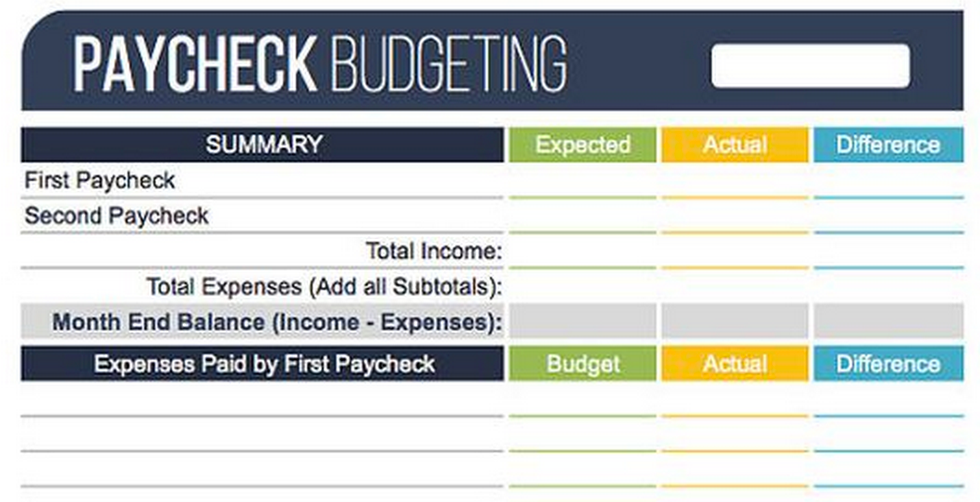We all know that college is a time for spouting out creative methods to live without spending copious amounts of cash. Regardless of if you're in college or not, however, cheap living makes everything a little easier. Here are some tips and tricks I've learned while at college, on a small budget or just with no cash to live a little easier but still maintain a healthy lifestyle. Corporate society will tell you that you need a lot of things, but with the right lifestyle, you'll be perfectly fine without most of them.
1. Mugs are your friend!
Cutlery and other dining wares can actually add to your costs greatly, especially if you're buying disposable ones. Spend what you must in the beginning, but make sure whatever you're buying is going to last you a long time. If you can't afford a whole set of cups, bowls, plates, forks, knives, spoons, etc... then just buy the mugs and maybe some reusable spoons (and I mean reusable as in many times, not twice). You can also ask for extra disposable forks and knives whenever you order out from restaurants. When it comes down to it, though, you can put pretty much anything in a mug and it will be fine: hot or cold drinks, soups, microwaveable "just add water" meals like oatmeal, hell you can even serve your spaghetti in that mug if you wanted to. Don't forget your dish soap, though.
2. The clothing game
Ladies, listen up: you can wear your bra multiple days before you throw it in the wash. If you sweat in it, it's a bit of a different story, but the point is to always make the most of what you wear because laundry can add up to be a big expense. You don't need a towel for every shower, either: the American Cleaning Institute recommends washing your towels after every five uses. Think about it: you're using the towel to dry something off that's already clean. Just make sure you hang it up to dry and don't leave it on the floor. Plus, depending on if you shower before or after bed, you can also get more wears than you think, usually 4 without showering beforehand. As for jeans, they can last about 3 or 4 wears before washing, sometimes even longer. One thing to keep in mind, though: wash your socks and underwear after one use!
3. Budget!
Everyone has their reasons for why they're short on money, but one of the excuses I hear most often is that people don't pay attention to what they're spending the little money they do have on. A really easy to way to budget if you're a beginner is to make a list in your phone keeping track of what you've spent and what you have left to spend for that week. You can categorize how much to allow yourself to spend, breaking your income into percentages (for example 25 percent goes to gas money, 25 percent goes to food, 15 percent goes to recreation, etc.). If you don't have an income but just a little bit of money left in your account that you have to make last, then again sort it out, prioritizing what's most important first. There are also apps to help you budget, and some banks give out registers to write down each expense and then calculate your bank balance post-purchase.
4. Use your savings account
This one is pretty simple, but USE your savings account! Even more, treat it like it's a guarded treasure with bodyguards and security cameras all around it. The money that you put in there is the money that waits until your checking account has hit rock-bottom. Savings money is what you use when you've been hit by a car or something like that. Don't touch it unless it's an emergency or you've been actually saving it for a big purchase, like a down payment on a house or a car.
5. Recognize what you need versus what you want.
A lot of people will decide to spend $300 on concert tickets because they "need" to see their favorite band, and then realize that they didn't save enough money to pay the rent. Prioritize what you spend your money on and stick to that list of priorities like it's your religion. Follow its every guiding light. Practice its rules day in and day out. You need food and shelter before you need those concert tickets- trust me.
6. Buy in bulk
Lots of kids have talked mentioned to me how they make multiple trips to the store per week. This adds up because of course each time you run there, you're A) Giving yourself another chance to get distracted and impulse buy something you don't need, and B) spending more in general whether it's on taxes or missed deals. Buying in bulk is more likely to give you better discounts, and save you the time of spending even MORE money on transportation running to and from the store every single day. Put together a list of things you need that you last you the week and go out on a designated day to buy all of it.
7. Check the expiration dates
When buying in bulk, make sure you don't end up wasting any food or money by not giving yourself enough time to eat everything you bought. If you're someone who eats a lot of fresh fruits and vegetables, check the dates they're good by and plan out briefly in your head when you can eat what. If you realistically can eat all that food by those dates, get it. Otherwise, cut back on it and stick to the frozen food aisle for a bit.
8. The truth about organization
You don't have to be "an organized person" (this person does not exist by the way, it's just a trait that anyone can honestly acquire if they put enough work into it) to get things done. Getting organized is as easy as writing a list of what you need to do and then sticking to it. It's all up to the person on whether or not they want to stay dedicated, or fall and become a mess.
9. The boss key: Realizing what "it adds up" really means
I've mentioned the phrase "it will add up" many times in this article but what's even more important is actually understanding what that entails. What you must realize is that spending less is a gradual process that requires patience, and because of this, spending too much is an immediate process that thrives off of impatience. Little expenses such as that burger you ate because you were craving a burger and weren't even hungry at the time collect. It's important to view each and every expense- even if it's a ninety-nine cent pack of gum- as an expense the same as that $25 shirt is. Because what it all comes down to is if you're spending money or not.
10. You don't need a gym membership to get fit
Unless you're looking for a competitive side or you actually genuinely want personal classes, there's lots of ways to self-teach and take matters into your own hands. Run around a park, do some online research on specific toning workouts you can do (they are extremely abundant all over the internet) and look into nutrition. Little choices will all collect to give you one fit body.
11. Saving gas money
If you want to go for a drive to clear your head, go for a walk or a run instead. It'll allow you to do the thinking you wanted to do in the drive, and it'll also release some endorphins in the process. Try to make short trips if you can, avoid multiple trips by being more efficient in one, and look into public transportation as much as you can. Avoid the "my car is quicker" argument by practicing effective time management. You can also ride a bike and reduce your carbon footprint.
12. It's all in your own hands
Ultimately, this list is like a step stool to look out a window at a different lifestyle. It's your choice to stand on the stool and open the window, or to stay on the ground. Do what you will with the information that you are given, and continue to seek out more. Stay curious!



























